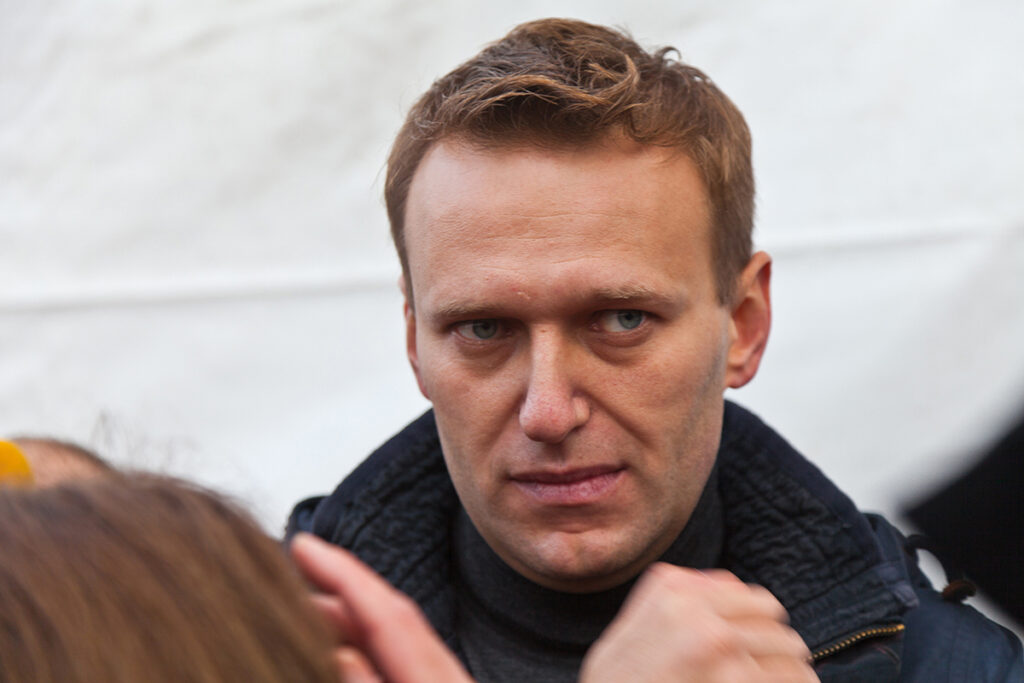Alexei Navalny, the outspoken critic of Russian President Vladimir Putin and prominent opposition leader, has passed away at the age of 47 while serving a 19-year sentence in a penal colony. Navalny’s death comes as a shock, less than a month before a crucial election in Russia, which would have secured Putin another six years in power.
Navalny, known for his relentless crusade against official corruption and organizing massive anti-Kremlin protests, had been behind bars since January 2021. He returned to Moscow after receiving treatment in Germany for nerve agent poisoning, which he attributed to the Kremlin. His imprisonment sparked international condemnation and renewed scrutiny of Putin’s crackdown on dissent.
The cause of Navalny’s death, announced by Russia’s prison agency, the Federal Penitentiary Service, is yet to be established. He reportedly felt unwell after a walk and lost consciousness before efforts to revive him were unsuccessful.
Navalny’s imprisonment followed a series of legal battles and harassment from Russian authorities. Despite facing repeated arrests, physical assaults, and poisoning attempts, he remained steadfast in his opposition to Putin’s rule.
His activism extended beyond anti-corruption efforts to broader criticisms of Russia’s political system, resonating particularly with younger Russians through social media platforms. Navalny’s work earned him admiration both domestically and internationally, with Western leaders condemning his death and holding Russian authorities responsible.
Navalny’s journey from activism to imprisonment included multiple legal challenges and crackdowns on his organizations, including the outlawing of his Foundation for Fighting Corruption as extremist. However, his resilience and determination made him a symbol of defiance against authoritarianism and a vocal advocate for democratic reforms in Russia.
Throughout his imprisonment, Navalny continued to face mistreatment, including being placed in a tiny cell as punishment for minor infractions. Despite the hardships, he maintained his sense of humor and defiance, confronting dangers with courage and wit.
Navalny’s death marks the end of a tumultuous and courageous career in Russian politics. His legacy will endure as a reminder of the ongoing struggle for freedom of expression and democracy in Russia.
Navalny is survived by his wife, son, and daughter. His wife, in a statement at the Academy Awards ceremony where a documentary about Navalny won an award, expressed hope for the day when her husband and their country would be free from oppression and tyranny.


